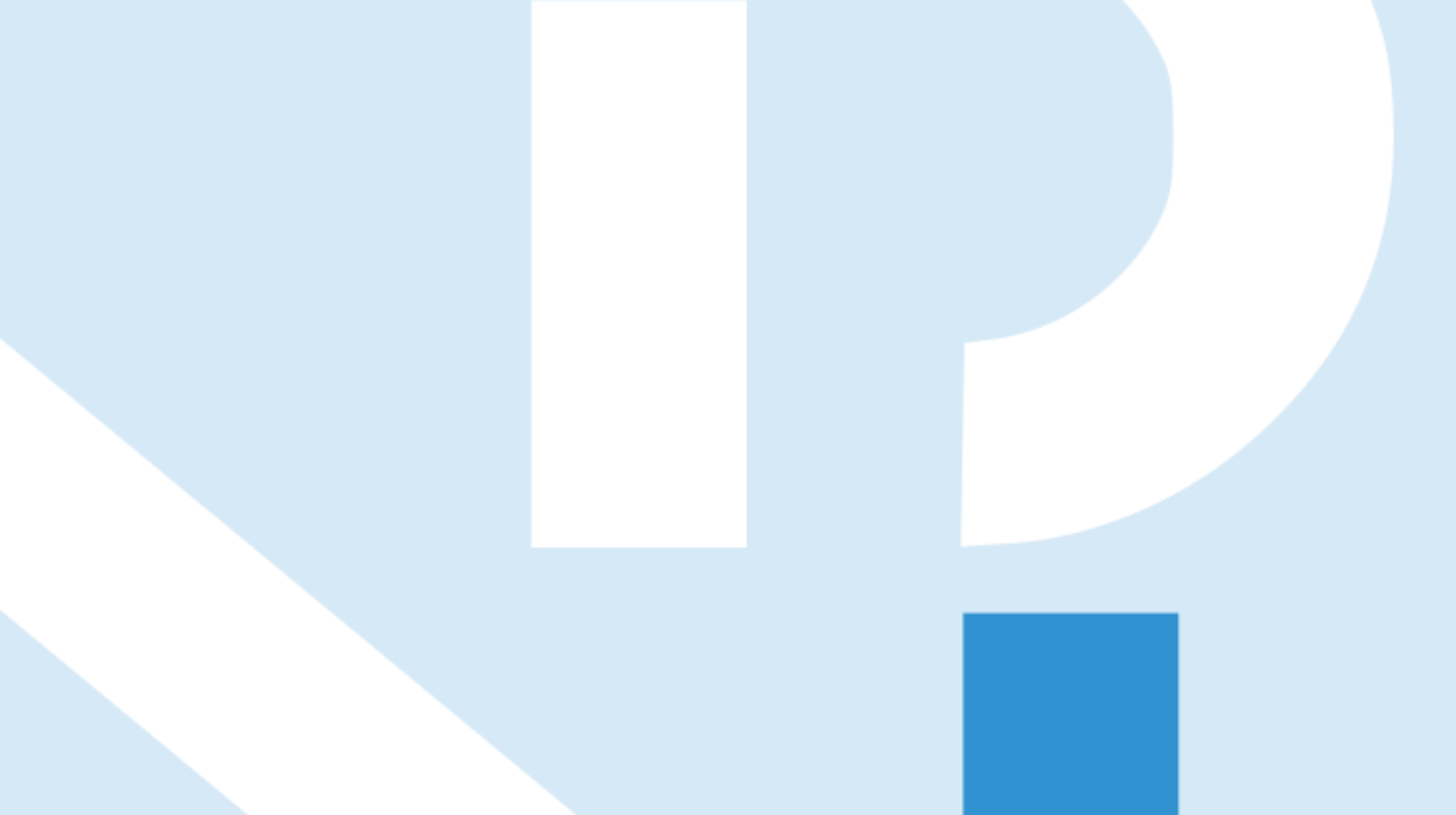POSTPONED - XIV International Ontology Congress
Workshops
- When
- 2020/09/29 - 2020/10/03
- Place
- San Sebastián - October 5, 2020. Barcelona - October 15, 2020. A Coruña
- Organizers
- Javier Aguirre (UPV San Sebastián), Gotzon Arrizabalaga (UPV San Sebastián), Juan Ramon Macuso (San Sebastián), Ignacio Garparsoro (UPV San Sebastián), Nicanor Ursúa (UPV San Sebastián), Bárbara Jiménez (UPV San Sebastián), Pedro Uribe (UPV San Sebastián)
- Add to calendar
-
iCal

The current crisis of Covid19 is forcing us to postpone our meeting.

XIV INTERNATIONAL ONTOLOGY CONGRESS
NATURAL DETERMINISM AND FREE WILL
San Sebastián, UPV/EHU Facultad de Educación, Filosofía y Antropología. 29 September - 3 October 2020
Barcelona, CCCB. 5 October 2020
A Coruña, Fundación Paideia. 15 October 2020. Creación Artística e Inteligencia Artificial
Under the Honorary Presidency of Prof. Gerardus `t Hooft, Nobel Prize in Physics
Under the Patronage of UNESCO
The appearance of the idea of natural necessity, added to the postulate that such necessity is knowable, opened the doors to the discipline of those thinkers that Aristotle called "physicists" (hoi physikoi), which effectively constituted the embryo of Physics. Within it theories emerge that seem to leave some place to chance (as in Democritus), although chance can be interpreted as the absence of finality, rather than as designative of processes that we now call stochastic.
However, the problem of making this need compatible with the requirement that humans could be held responsible for their actions, which means they have freedom of choice, arises. The problem is even accentuated with the idea of a creator God, because then the free action of man implies not only autonomy considering natural condition, but also considering the providence of its creator. From Bocaccio to Spinoza, through Luis de Molina and Descartes, Philosophy has not stopped reflecting on the subject. As for science, it abstracts the problem of free will, concentrating on the elucidation of the laws of mechanics, with an ontological presupposition that finds greater expression in the radical determinism of Laplace.
It is known that a radical break of the scheme arises when quantum physics finds reasons to speak of true chance, of authentically stochastic processes. This leads a scientist like Arthur Stanley Eddington not only to question the determinism he had up to then defended, but to argue that science withdraws its opposition to the idea of free will. An inverse version in Physics is that of the Free Will Theorem, or Theorem of Free Volition, -ideas coming from the minds of the mathematicians John Conway and Simon Kochen- that comes to support: if in the act of arranging the instruments for a certain measurement relative to the spin, the experimenter obeys exclusively to his will (and not to external events or imperatives, of which he may have had information), then the response given by the particle can not be determined by the information it receives from the past; that is, such response is also "free".
The polarity between natural determinism and free will also touches on research that is at the intersection of palaeontology, genetics and linguistics. Does the common matrix of man with other species, reflected in the degree of genetic homology with them, suppress the singular character we attributed to human language, considered as irreducible to the functions of a signal code? And obviously, this matter also emerges when we talk about the possibility that the brain can be moulded to the point that there is no more desire, will and even capacity for elucidation than that which is created from the outside. Some of the concerns that artificial intelligence causes go in this direction: if a human being can create an intelligent machine, why is he/she not going to be able to mould it until that unrecognizable being is already intelligent? But immediately an objection arises: the being that moulds is not a result of such being moulded, that is, the purpose of ending the alleged autonomy of a human being is perhaps the result of a free decision of another human being...
These and other questions will be addressed at the XIV International Ontology Congress, trying to establish the state of the art, with the help of philosophers and scientists, and under the Presidence of Honour of the Nobel Prize in Physics Gerardus `t Hooft.
More information is available on the workshop web page: http://www.ontologia.info/es/index.php
